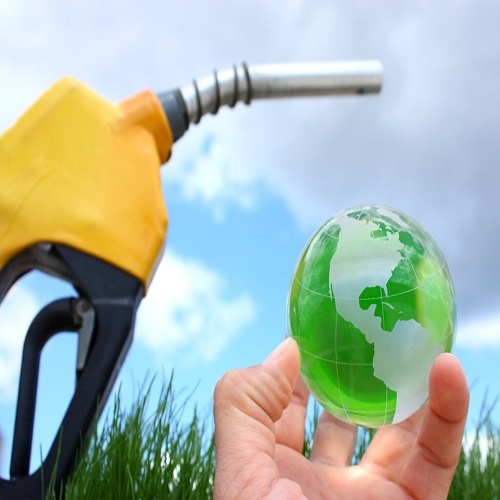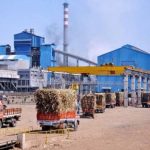The Karnataka State Bioenergy Development Board (KSBDB) is in the process of drafting a compressed biogas policy, which is expected to be presented to the State Government for approval. If all goes as planned, the policy could be incorporated into the state’s 2026–27 budget, reported The New Indian Express.
The initiative is inspired in part by research from the Indian Institute of Science (IISc), which has explored the potential of converting agricultural residue into biogas to serve as an alternative fuel. This move aligns with broader efforts at both the central and state levels to explore the use of agricultural and grain-based residues in fuel blending, shifting focus away from sugarcane-based sources.
To frame an effective policy, KSBDB is currently reviewing similar frameworks implemented in other states like Uttar Pradesh, Gujarat, and Andhra Pradesh. The goal is to draw on best practices and refine them to suit Karnataka’s needs. Currently, Karnataka also blends ethanol into its petrol supply.
Alongside the compressed biogas policy, the board is also in the final stages of shaping its ethanol blending policy. With considerable potential in grain-based ethanol, the board is exploring the use of alternatives such as broken wheat, broken rice, rice residue, maize, and other grains, all approved by the Food Corporation of India for such applications.
Dayananda GN, project consultant of KSBDB, said there is a rise in grain-based and agricultural residue. “If all goes well, the policy will be finalised soon and be part of the 2026-27 state budget. Collection, aggregation and transportation challenges need to be addressed. We will suggest to the state government for production-linked incentive scheme to be implemented,” official sources from KSBDB told TNIE.
Professor S. Dasappa, Chair of the Interdisciplinary Centre for Energy Research and faculty member at IISc’s Centre for Sustainable Technologies, said the timing is right for such a policy. “The necessary frameworks are coming together, and the hurdles are being addressed. Until now, Karnataka hasn’t given this much attention, largely due to its emphasis on renewable energy. But tapping into agricultural residues presents a promising opportunity,” he said.



















[…] Source : Chinimandi […]